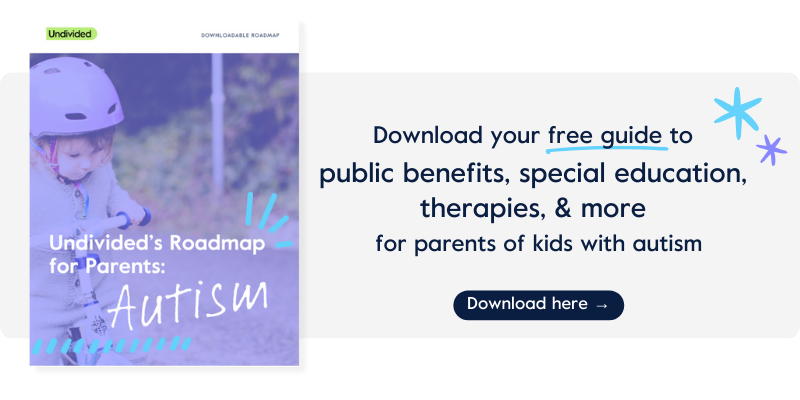Every Undivided Navigator has years of experience supporting families raising kids with disabilities or parenting their own. Partner with an Undivided Navigator for a free Kickstart to learn first hand what support feels like!
Expert-driven content, guidance, and solutions.
Member events and office hours with real answers, plus access to our private parents' group.
Priority to begin a free Kickstart of the Undivided Support System with a dedicated Navigator.



